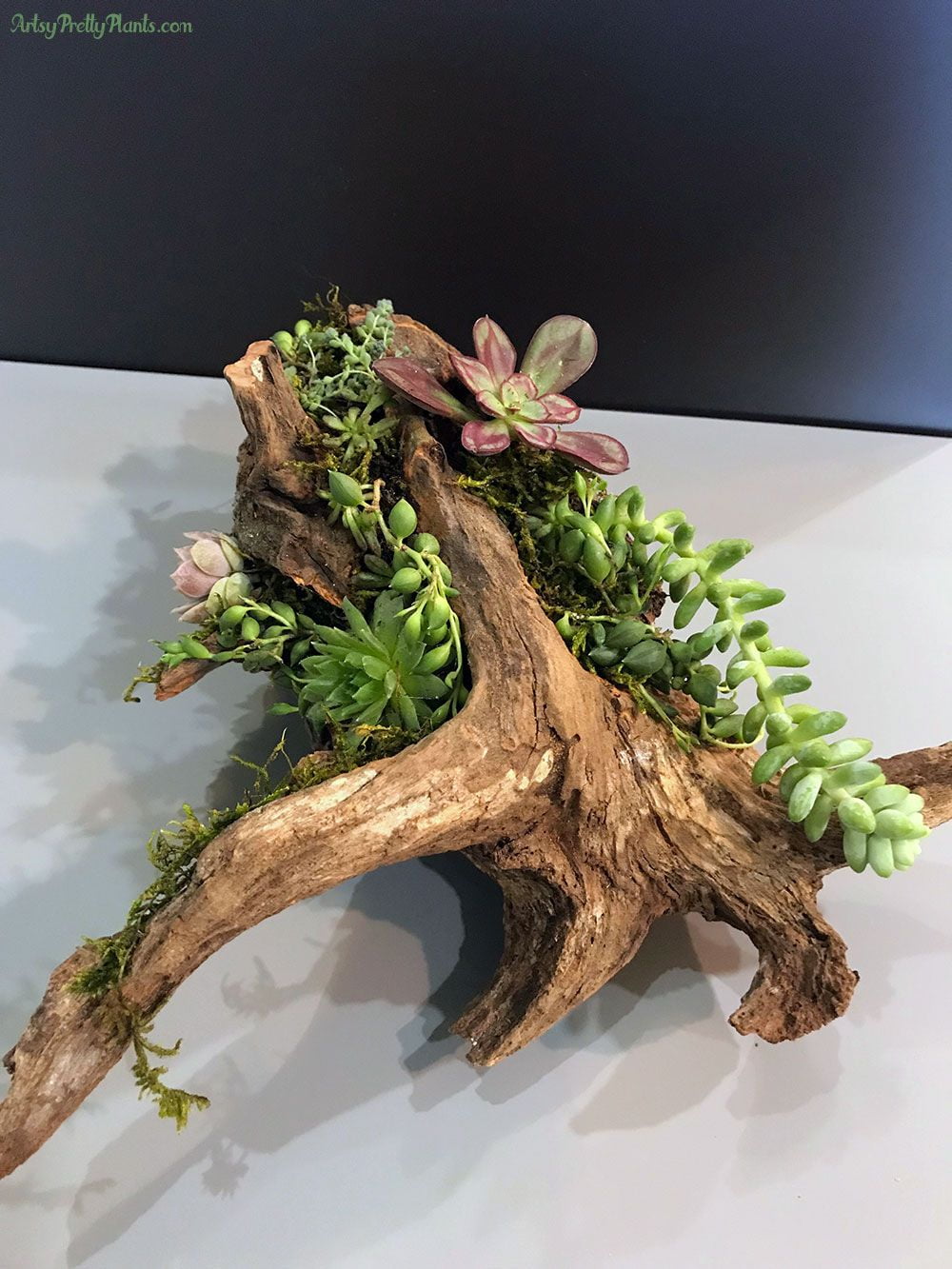Gardening Tips Vegetable Gardening Tips For Beginners
Starting a vegetable garden can be a daunting task, but it can also be a lot of fun. If you are a beginner, here are some tips to help you get started.
1. Choose the right spot. Vegetables need plenty of sunlight and good drainage. They should also be planted in an area where they will not be competing with other plants for water and nutrients.
2. Prepare the soil. Add some organic matter to the soil to improve drainage and fertility. You can do this by using compost, mulch, or manure.
3. Choose the right vegetables. Not all vegetables are suitable for beginners. Choose vegetables that are easy to grow and that do well in your climate.
4. Plant the vegetables. Follow the planting instructions that come with your vegetables. Make sure to space the plants correctly so that they will have enough room to grow.
5. Water the vegetables. Vegetables need plenty of water, especially during hot weather. Make sure to water them regularly, especially during dry spells.
6. fertilize the vegetables. Vegetables need nutrients to grow properly. You can fertilize them with compost, manure, or a commercial fertilizer.
7. Weed the garden. Weeds can compete with vegetables for water and nutrients. Keep the garden weed-free so that the vegetables can grow healthy and strong.
8. Harvest the vegetables. Vegetables should be harvested when they are ripe. Harvest them regularly so that they will not over-produce and become tough or stringy.
9. Enjoy your vegetables! Vegetables are a healthy and delicious addition to any diet. Enjoy them fresh from your garden or cook them up in a variety of delicious recipes.
Beginner Vegetable Gardening Tips
If you are new to vegetable gardening, it is important to start with a few basic tips to ensure your garden is a success.
1. Select a sunny location for your garden. Vegetables need at least 6 hours of sunlight per day to grow properly.
2. Amend the soil with organic matter such as compost or manure. This will help to improve the soil’s fertility and drainage.
3. Plant vegetables in rows or clusters, spacing them according to the specific instructions for each variety.
4. water regularly, especially during the hot, dry summer months.
5. Harvest vegetables when they are ripe, using a sharp knife or scissors to cut them off at the stem.
6. Store harvested vegetables in the refrigerator or in a cool, dry place.
If you follow these basic tips, you will be well on your way to a successful vegetable garden.
Best Tips For Vegetable Gardening
Are you thinking of starting a vegetable garden? If you are, you’re in for a fun and rewarding experience. Vegetable gardening can provide you with fresh vegetables all year long, and it can also be a great way to get some exercise.
When it comes to vegetable gardening, there are a few things that you need to keep in mind. Below are some of the best tips for vegetable gardening.
1. Choose the right vegetables. Not all vegetables are suitable for gardening. Some vegetables, such as tomatoes, are best grown in containers. Other vegetables, such as broccoli, are best grown in the garden.
2. Choose the right location. Not all locations are suitable for vegetable gardens. You’ll need to find a spot that gets plenty of sun and that has good drainage.
3. Prepare the soil. Before planting your vegetables, you’ll need to prepare the soil. Add some organic matter to the soil to help improve its quality.
4. Plant the vegetables. Once the soil is prepared, it’s time to plant the vegetables. Follow the instructions that come with your vegetable seed packets.
5. Water the vegetables. Vegetables need plenty of water to grow properly. Make sure to water your vegetables regularly, especially during hot weather.
6. harvest the vegetables. Once the vegetables are ripe, it’s time to harvest them. Harvest the vegetables at the right time to ensure that they are at their best.
7. Enjoy your vegetables. Once you’ve harvested your vegetables, it’s time to enjoy them. Eat them fresh or cook them in your favorite recipes.
By following these tips, you can ensure that your vegetable garden is a success.
April Vegetable Gardening Tips
Spring has finally sprung, and that means it’s time to start thinking about your vegetable garden! Here are a few tips to help you get started:
1. Choose the right vegetables. Not all vegetables are suitable for spring planting. Make sure to choose vegetables that are suited for your climate and growing conditions.
2. Select the right variety. Not all varieties of vegetables are suited for spring planting. Choose varieties that are specifically bred for early planting.
3. Prepare the soil. Your soil should be prepared well in advance of planting. Add organic matter to the soil to improve its structure and fertility.
4. Plant the vegetables. Plant the vegetables in well-prepared soil. Make sure to follow the instructions on the seed packet for proper planting depth and spacing.
5. water the vegetables. Make sure to water the vegetables regularly, especially during the early stages of growth.
6. fertilize the vegetables. Fertilize the vegetables with a balanced fertilizer once they have started to grow.
7. protect the vegetables. Protect the vegetables from pests and diseases. Use organic or chemical pesticides as needed.
8. harvest the vegetables. Harvest the vegetables when they are ripe. Make sure to harvest them at the correct stage of maturity for the best flavor and texture.
Fall Vegetable Gardening Tips
Now that the weather is starting to cool down, it’s time to start thinking about fall vegetable gardening. Here are a few tips to help you get started:
1. Start by planting cool weather vegetables like lettuce, broccoli, and cabbage.
2. Make sure to add plenty of organic matter to your soil to help retain moisture and nutrients.
3. Mulch your plants to help keep them warm and protect them from frost.
4. Keep an eye on the weather forecast and be prepared to cover your plants with blankets or sheets if there is a chance of frost.
5. Harvest your vegetables regularly to encourage new growth.
6. Enjoy your delicious fall vegetables!
“

Welcome to my gardening blog! I am passionate about plants and enjoy sharing my knowledge and experiences with others. In this blog, I will write about everything related to gardening, from tips on how to get started to updates on my own garden projects.





